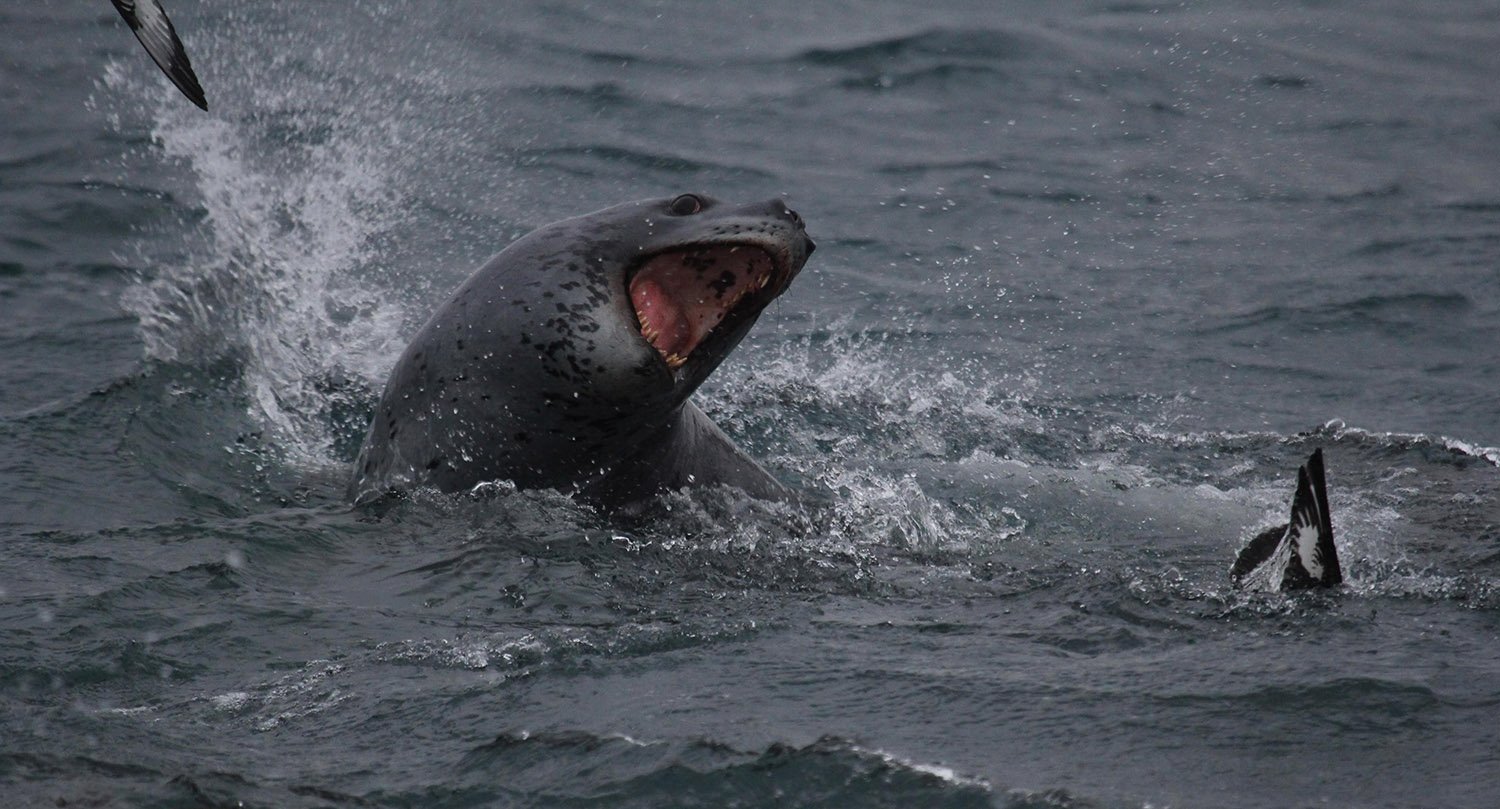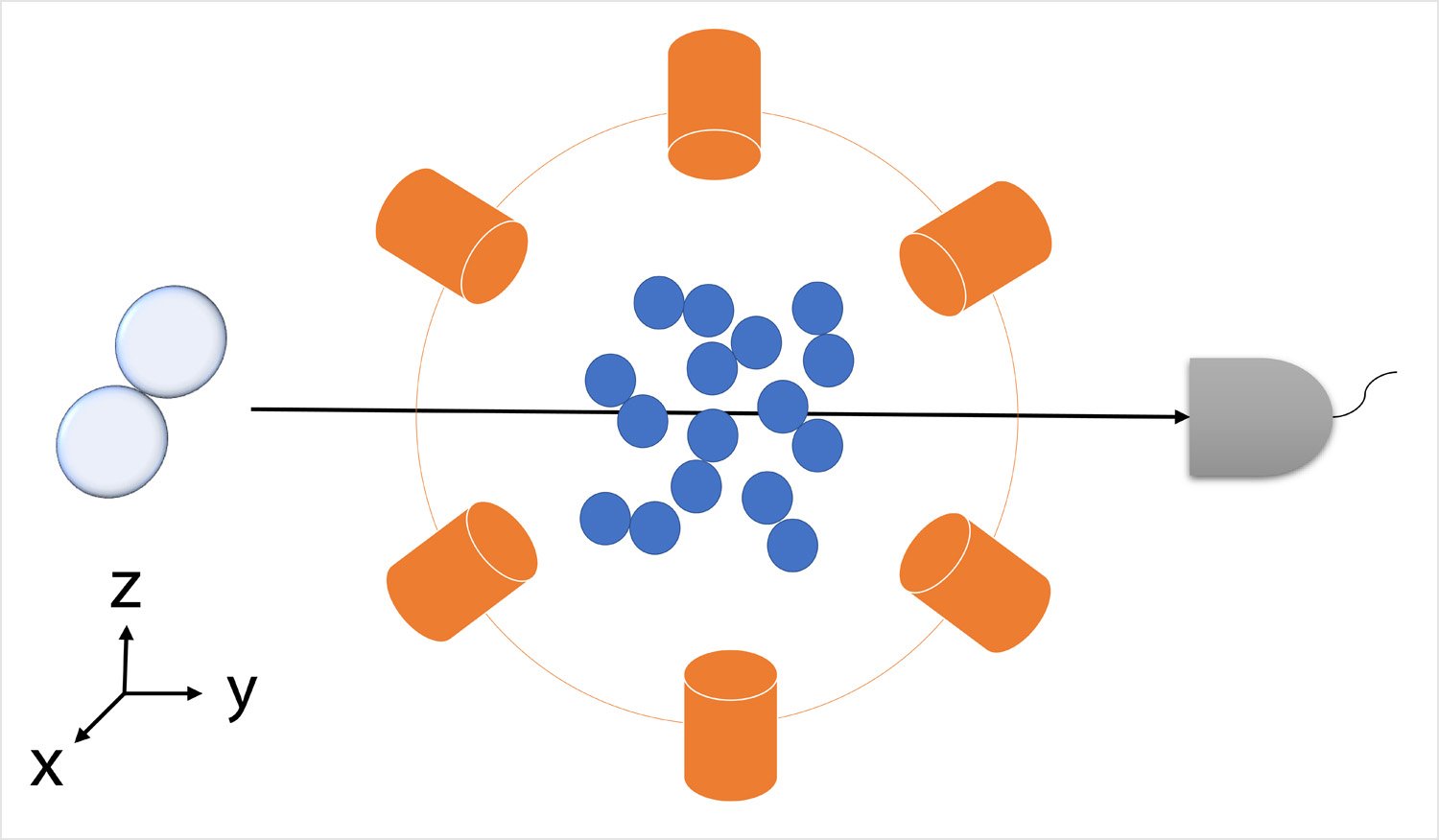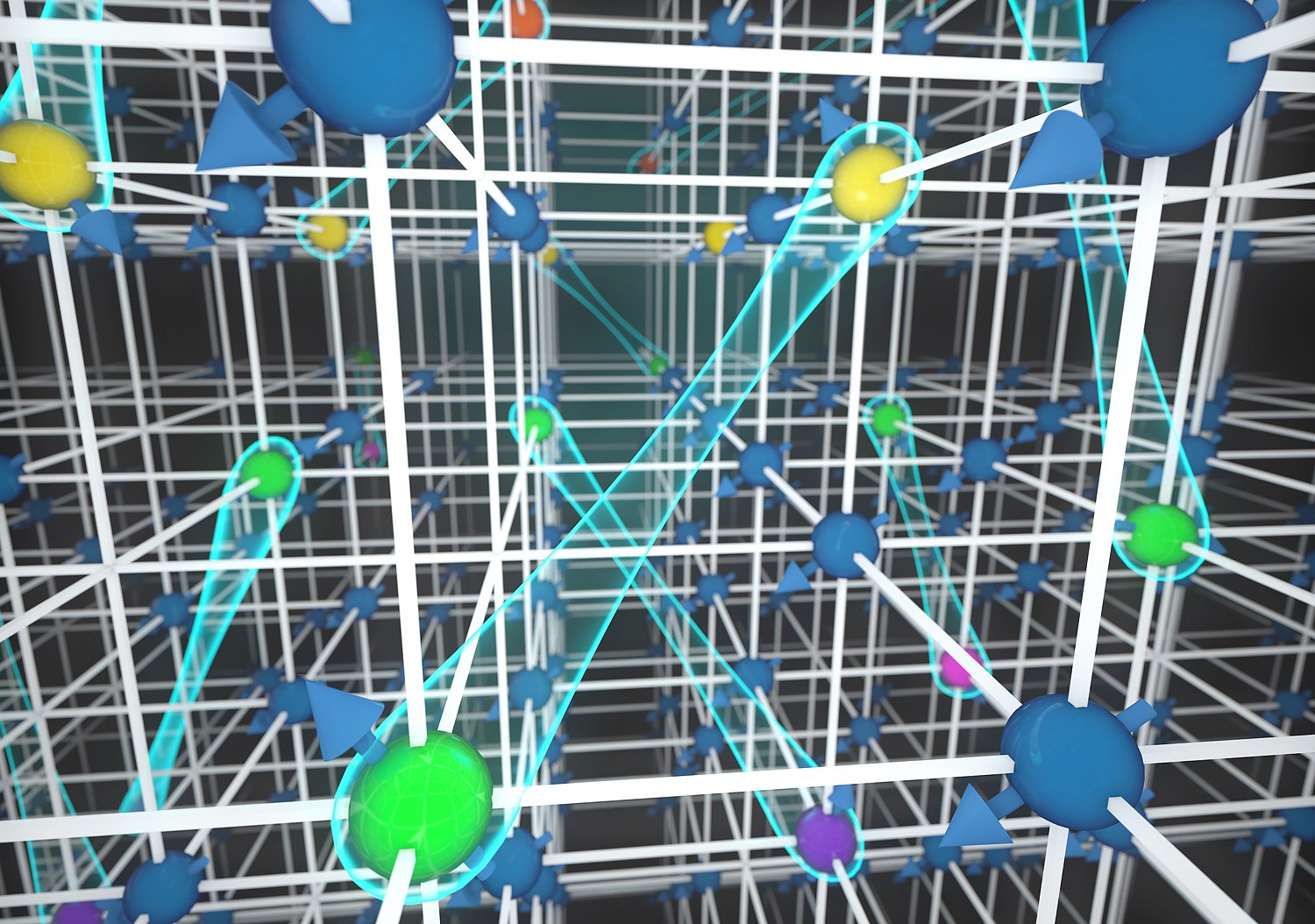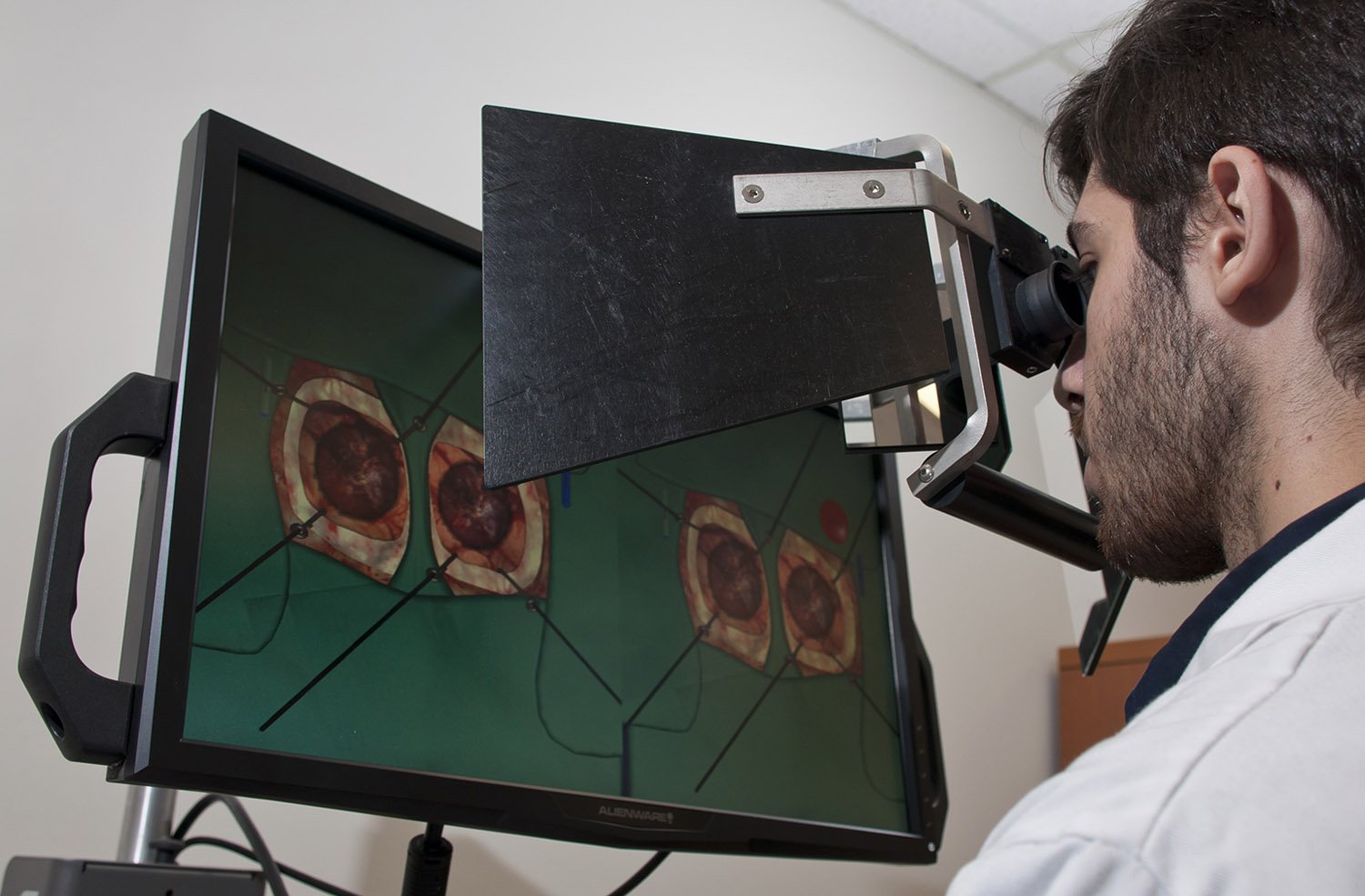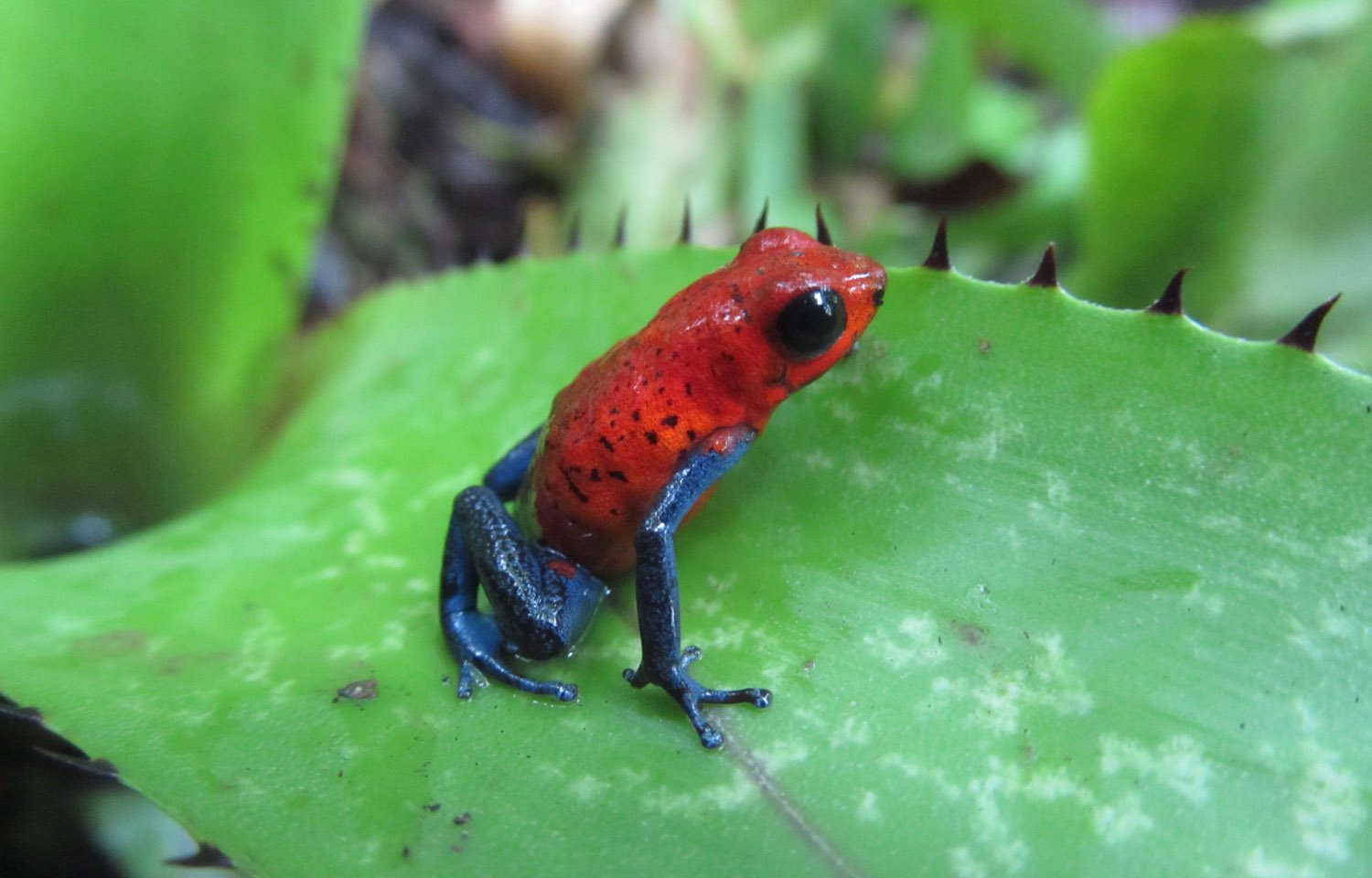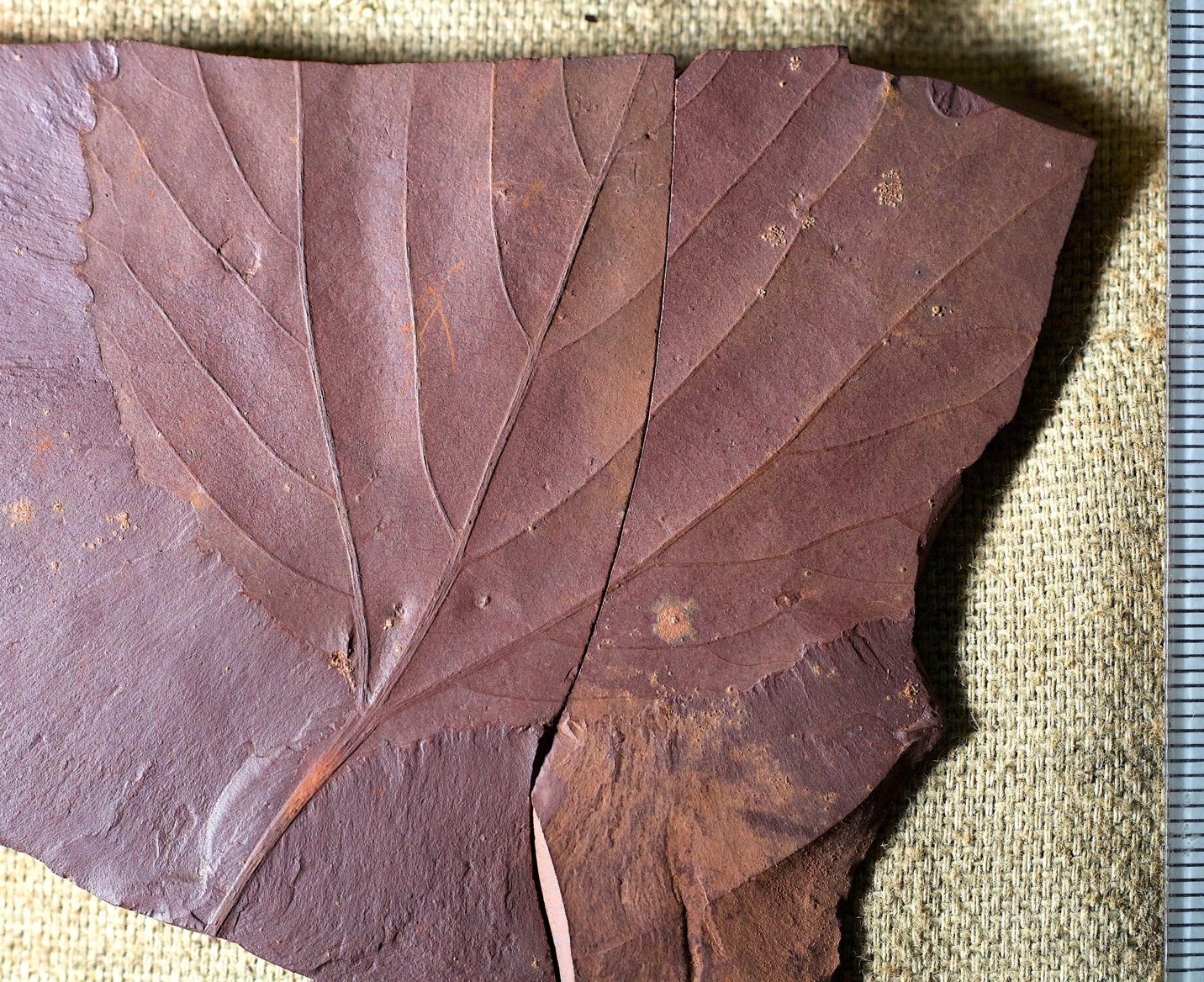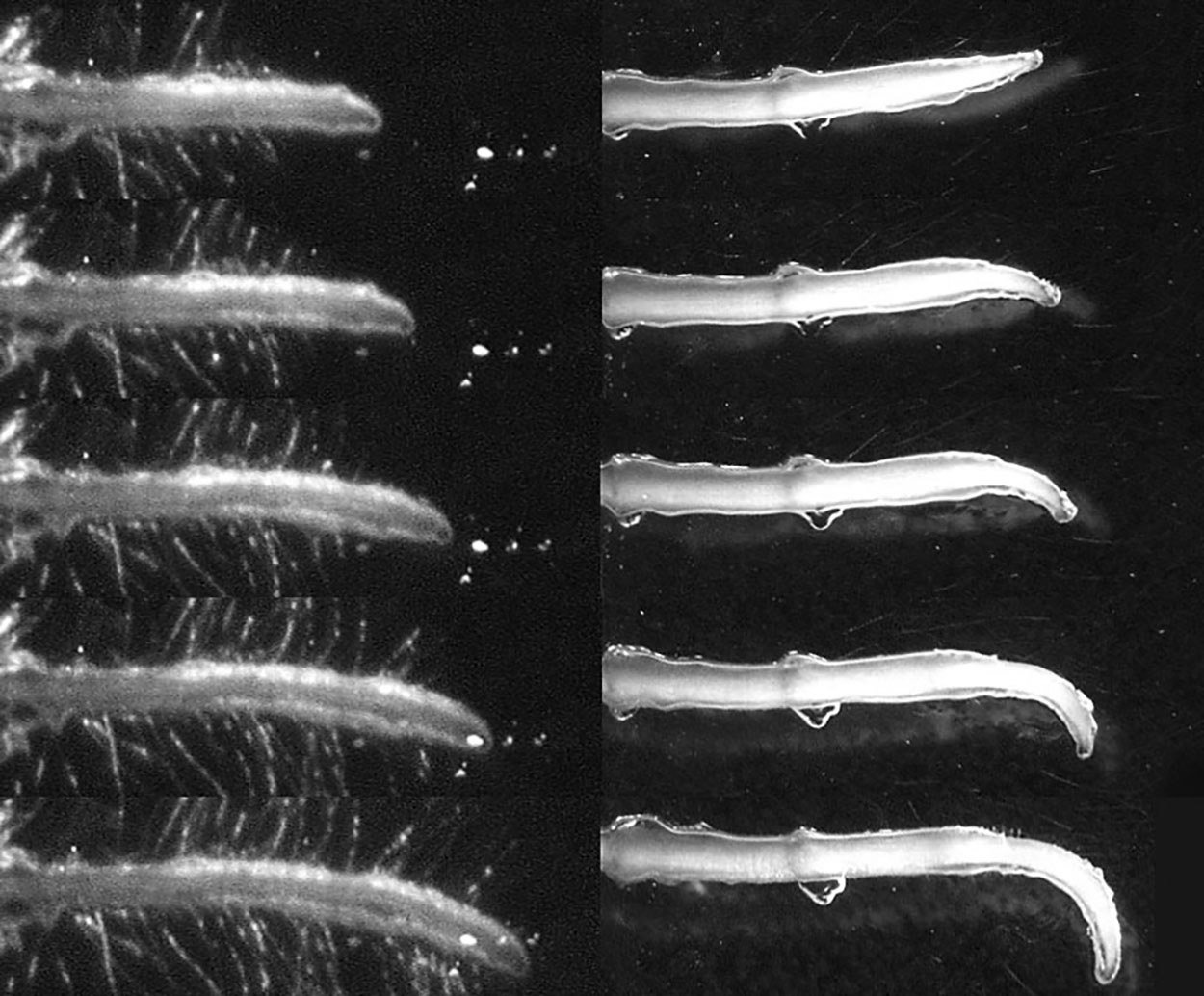TV crews capture first evidence of leopard seals sharing food
Despite being considered a charismatic and enigmatic Antarctic predator, leopard seals are normally thought of as being solitary. They are largely intolerant of each other but can be forced to hunt alongside one another when congregating in areas of abundant prey. A new study analysing the previously unseen footage, captured by a team from production … Read more
